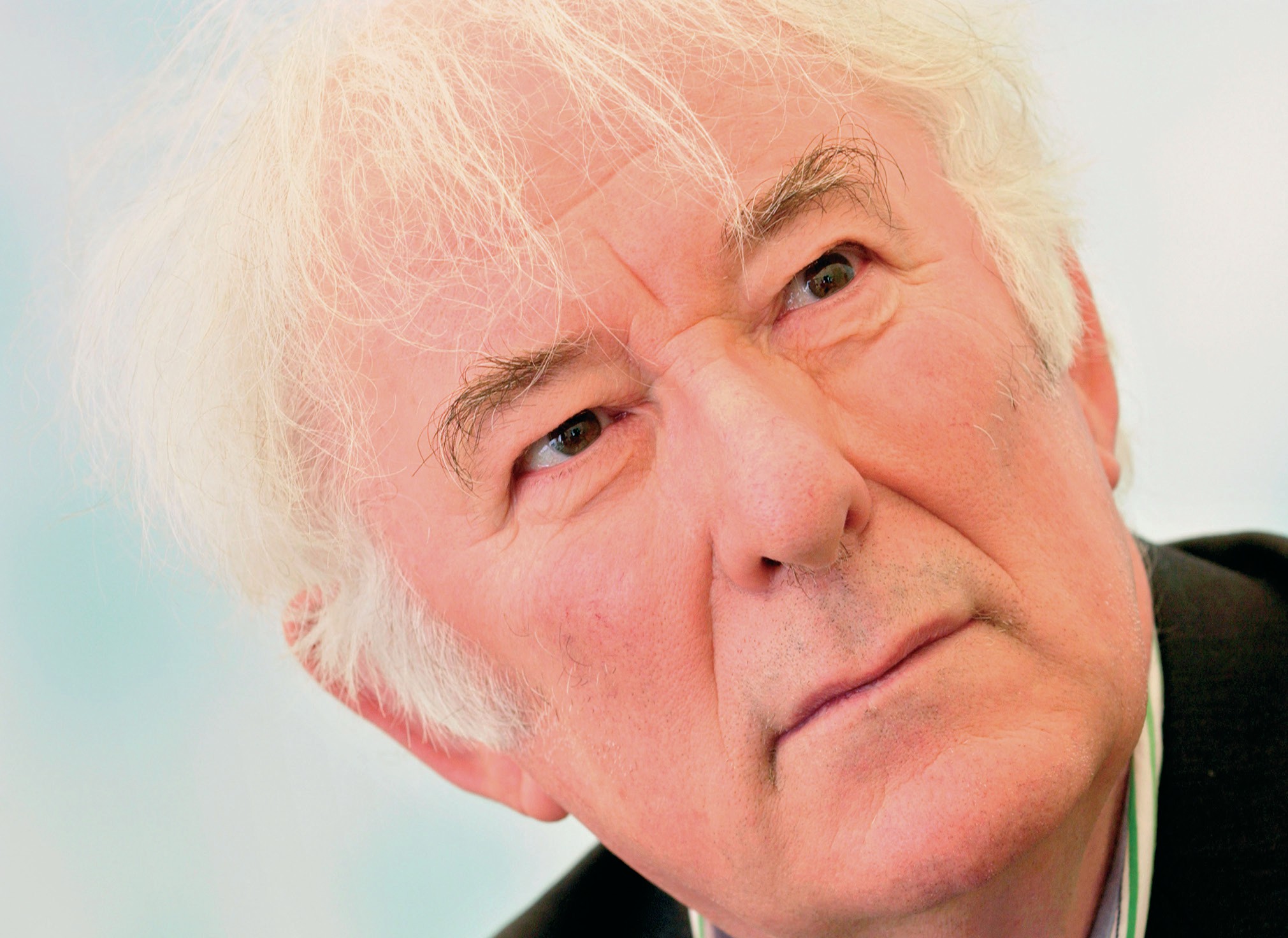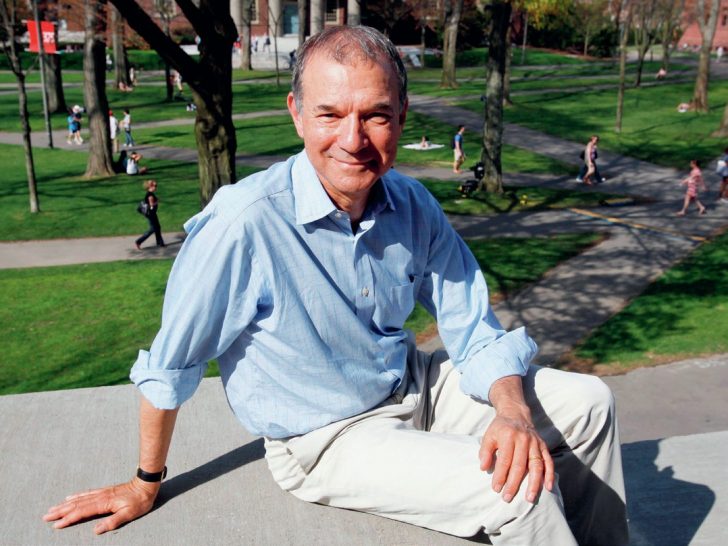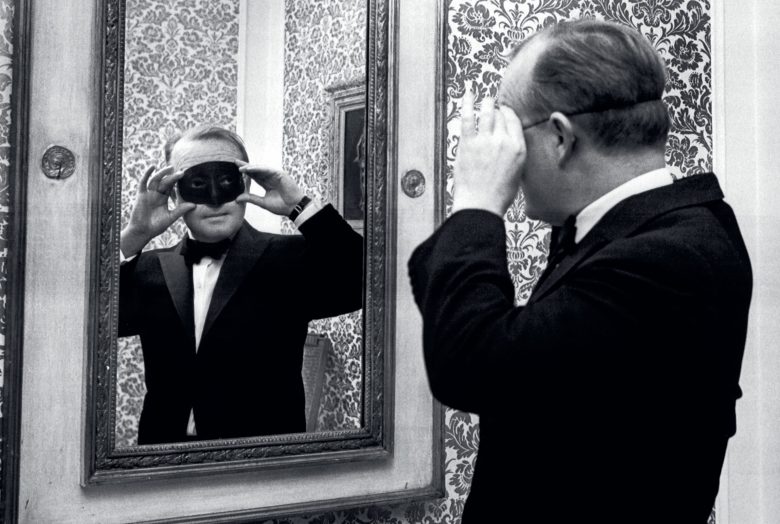
Seamus Heaney’s sudden death in August 2013 caused a huge tremor of loss and shock throughout the literary world — not surprising since it was the death of a writer who was mostly recognised as the foremost poet of his era writing in English. But it was more than that. There was a much greater sense of cultural loss than at the death of other poets of such eminence and achievement — T. S. Eliot, W. H. Auden, Philip Larkin or Robert Lowell, for instance. It seems we have to go back to the death of another Irish poet, W. B. Yeats in 1939, for an equivalent weight of loss, as recorded in W. H. Auden’s great poem ‘On the Death of W. B. Yeats’.
Beyond the universal grieving for a great poet, Heaney’s death was the occasion of a more particular grieving in Ireland — more so than for Yeats. For a comparable case of national mourning for a poet, we have to turn to the nineteenth century, to the mourning for Pushkin in Russia or Tennyson in England. So what exactly was it about Heaney that made his death a major national event in a way that is no longer usual for poets?
Your organisation does not have access to this article.
Sign up today to give your students the edge they need to achieve their best grades with subject expertise
Subscribe




